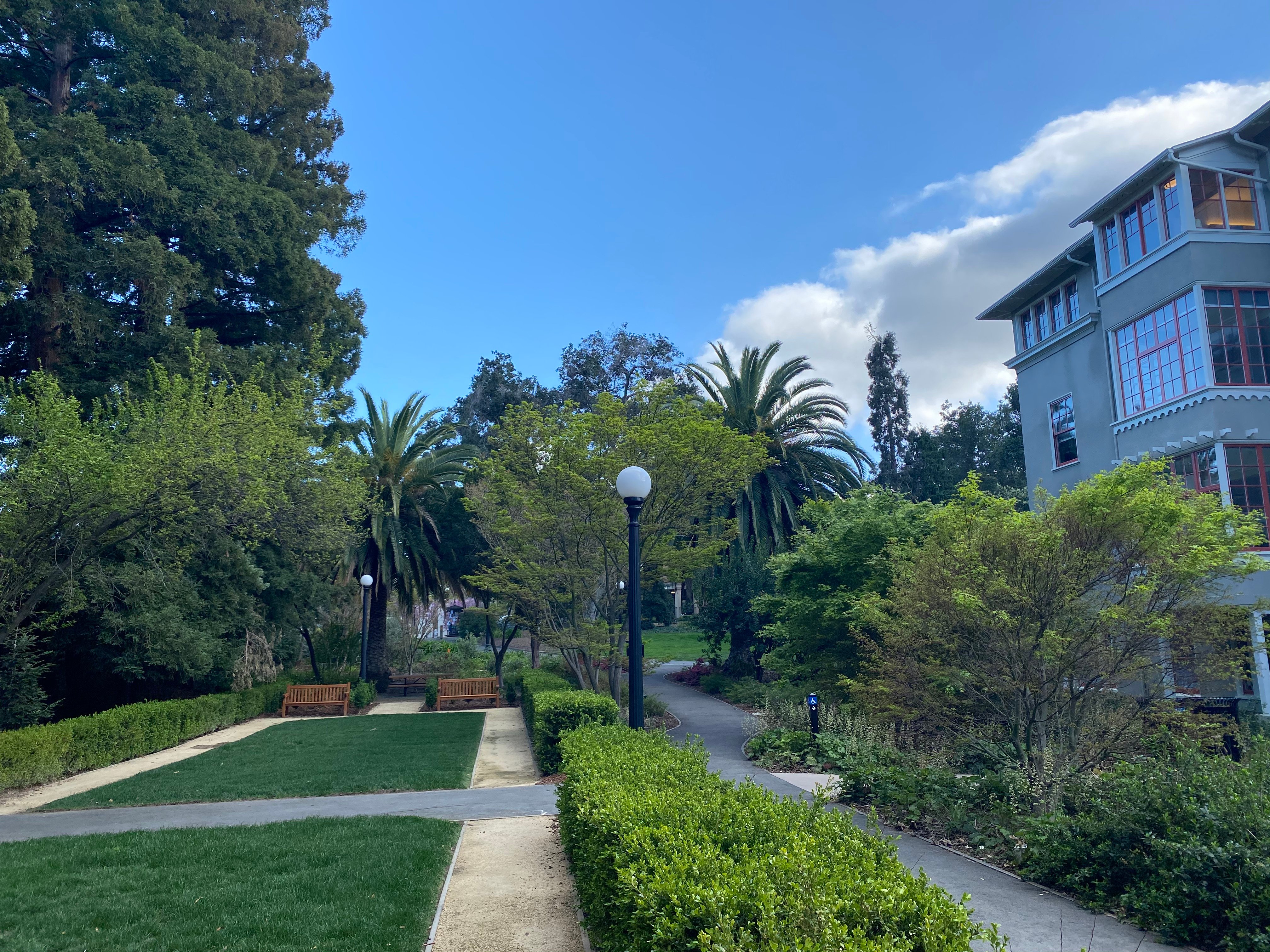Last night, I got an invite to a Facebook event directed at seniors. It was titled “Spring quarter.”
“Let’s figure this out.
In this time of trouble, we come together as a student body- not to complain, nay, but to figure out a solution. The administration can do whatever they want, but they can’t stop this train. This facebook event is intended to be a positive one! No complaining allowed. ONLY SOLUTIONS.
Seniors, we have been looking forward to this quarter since the moment we got here. We will not have it taken away from us. Let’s figure out a way to be together. This is not the end. We will overcome. I have not said my last goodbye. Not yet.
Love you all! We got this! Feel free to add EVERYONE.”
One of the creators of the event posted the following message in the discussion: “Everybody fill out the survey and say that you’re staying on campus.”
As of writing this, the event (which is private) currently has 310 people RSVP’d as “going.”
I do not know to what extent that message was a joke, but the link to the Qualtrics survey for the “staying on campus” housing form in the comments made me think it was not.
I understand the sentiment of the event: I also wish spring quarter was not being taken away from us. I have been looking forward to relaxing and having fun the spring quarter of my senior year for a while. I think every Stanford student thinks of spring quarter of their senior year as the time they will truly experience all the fun Stanford has to offer. Losing that sucks.
But we are in a crisis. If you do not believe we are in a crisis since you don’t know anyone who is sick, I will not waste words by rewriting what has been best explained by Megan McArdle in The Washington Post:
“When something dangerous is growing exponentially, everything looks fine until it doesn’t. In the early days of the Wuhan epidemic, when no one was taking precautions, the number of cases appears to have doubled every four to five days…. What matters isn’t what you can see but what you can’t: the patients who will need [Intensive Care Unit] care in two to six weeks.”
In a crisis, we give things up to help other people. Being off campus for spring quarter is a small way that those of us who are able can help those of us who are vulnerable and those of us who are not able to leave campus.
This brings me to an important point that many people are missing: Having people who have left campus stay off campus and having more people leave is not just for those who have already left and are leaving; it is also for those who have no choice but to stay. It is simple math: the fewer people on campus, the fewer people there are to spread the virus. This is one way to flatten the curve.
This is not directed at those who cannot leave or must return because of unstable situations at home or burdensome cost. This is what the form to remain on campus is for. I hope Stanford makes a fair determination for all submissions and does not require people to disclose their trauma or exact financial situation to keep their housing.
But for those of us who have the ability to leave campus, for perhaps the first time in my Stanford career, I ask you to trust the Stanford administration. If you can, leave campus. If you have already left, do not try to return for spring quarter if you do not absolutely have to.
At the same time, even as we do what we can to contain this crisis, we also get to be upset about what we have lost. With that in mind, I say this is to my fellow seniors:
We are all going to miss people. We all have people we wanted to say goodbye to. We all have people we wish we had spent more time with or gotten to know better. We all wanted to make up for lost time during our last spring. And we all get to be sad and frustrated and angry about what we will lose.
However, and this is the important and sad and frustrating part, we are not going to get our senior spring back. And trying to get it back by coming back to campus when you do not need to, or ignoring recommendations for social distancing, will not bring it back. And worse, you will be putting at risk the most vulnerable of those you love.
— Bryce Tuttle ’20
Contact Bryce Tuttle at btuttle ‘at’ stanford.edu.
